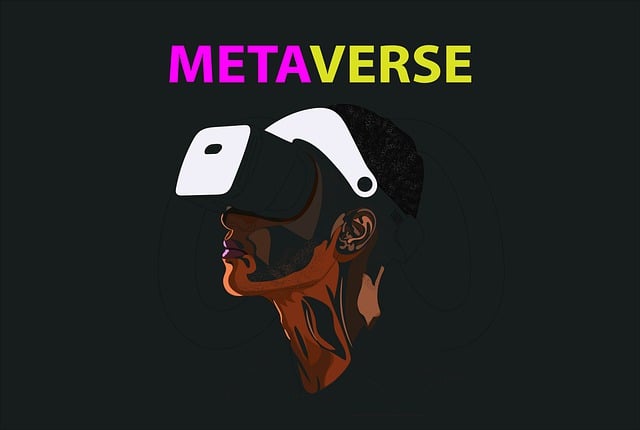Civil commitment proceedings involve a structured legal process for providing mental health treatment while balancing rights. Understanding this framework is crucial for advocates to ensure fair outcomes. Advocacy strategies include alliances with community groups, challenging unfair practices, and staying updated on legislative changes. Attorneys specializing in mental health law navigate complex state and federal regulations, representing clients' interests during civil commitment proceedings, addressing ethical challenges, and maintaining confidentiality.
“Mental health law, a complex and nuanced field, demands seasoned expertise to safeguard individual rights. This article explores critical aspects of advocacy within the legal framework of civil commitment proceedings, offering a comprehensive guide for professionals. We delve into strategies tailored for vulnerable populations, navigate complexities in mental health lawsuits, and scrutinize ethical obligations when representing clients. By understanding these key components, advocates can ensure fair and effective support for those facing mental health challenges.”
- Understanding Civil Commitment Proceedings: A Legal Framework
- Advocacy Strategies for Vulnerable Populations
- Navigating Complexities in Mental Health Lawsuits
- Ethical Considerations in Client Representation
Understanding Civil Commitment Proceedings: A Legal Framework

Civil commitment proceedings are a legal process designed to ensure individuals with serious mental illnesses receive appropriate treatment while balancing their rights and freedoms. This intricate framework involves a series of legal steps, where concerned parties or healthcare professionals can petition a court to commit an individual for involuntary treatment. The proceedings typically involve an initial assessment, followed by a hearing where evidence is presented, and a judge makes a decision based on the best interest of the patient.
Understanding this process is crucial as it provides a structured approach to addressing mental health crises. It empowers healthcare providers and family members to navigate the legal system effectively while safeguarding the rights of those in need. By familiarizing themselves with civil commitment proceedings, advocates can ensure fair and just outcomes for individuals facing severe mental health challenges.
Advocacy Strategies for Vulnerable Populations

Advocacy plays a pivotal role in protecting the rights and interests of vulnerable populations, especially in the context of mental health law. For individuals facing civil commitment proceedings, effective advocacy strategies are essential to ensure their voices are heard and their best interests are represented. One key approach is to build strong alliances with community-based organizations and support groups that cater to these specific populations. These partnerships can provide valuable insights into the unique challenges faced by vulnerable individuals, enabling advocates to tailor their strategies accordingly.
Additionally, leveraging legal expertise to challenge unjust practices and policies is crucial. This involves staying informed about evolving legislative changes related to mental health care and civil commitment. By combining legal acumen with a deep understanding of social justice issues, advocates can navigate complex systems to secure fair outcomes for those who may otherwise be marginalized or overlooked during these proceedings.
Navigating Complexities in Mental Health Lawsuits

Navigating the complexities of mental health lawsuits requires a deep understanding of the intricate legal frameworks and unique challenges inherent in such cases. Mental health lawsuits often involve sensitive issues, including civil commitment proceedings, where individuals may be subjected to involuntary treatment or confinement based on their diagnostic status. This necessitates strategic advocacy to ensure the rights of clients are protected while navigating the nuances of legislation.
Attorneys specializing in this field must possess a keen awareness of state and federal laws governing mental health care, commitment procedures, and patient rights. They play a pivotal role in representing individuals who may be vulnerable due to their psychological conditions, helping them navigate legal systems that can often be confusing and intimidating. Effective advocacy includes meticulous case preparation, strategic pleading, and zealous representation throughout the litigation process, especially when dealing with complex issues like civil commitment proceedings.
Ethical Considerations in Client Representation

When representing clients in mental health matters, especially civil commitment proceedings, lawyers must navigate complex ethical terrain. The primary goal is to ensure the best interests and rights of the individual are protected while maintaining the integrity of the legal system. This includes balancing the client’s autonomy with their need for care and treatment. Lawyers must be mindful of confidentiality, obtaining informed consent, and potential conflicts of interest that may arise.
In these sensitive cases, it is crucial to foster open communication between the attorney, the client, and relevant healthcare professionals. Ethical representation involves advocating for the client’s rights while also ensuring their mental health needs are met. This delicate balance demands a high level of professionalism, empathy, and adherence to legal and ethical standards, particularly when making decisions regarding civil commitment.














